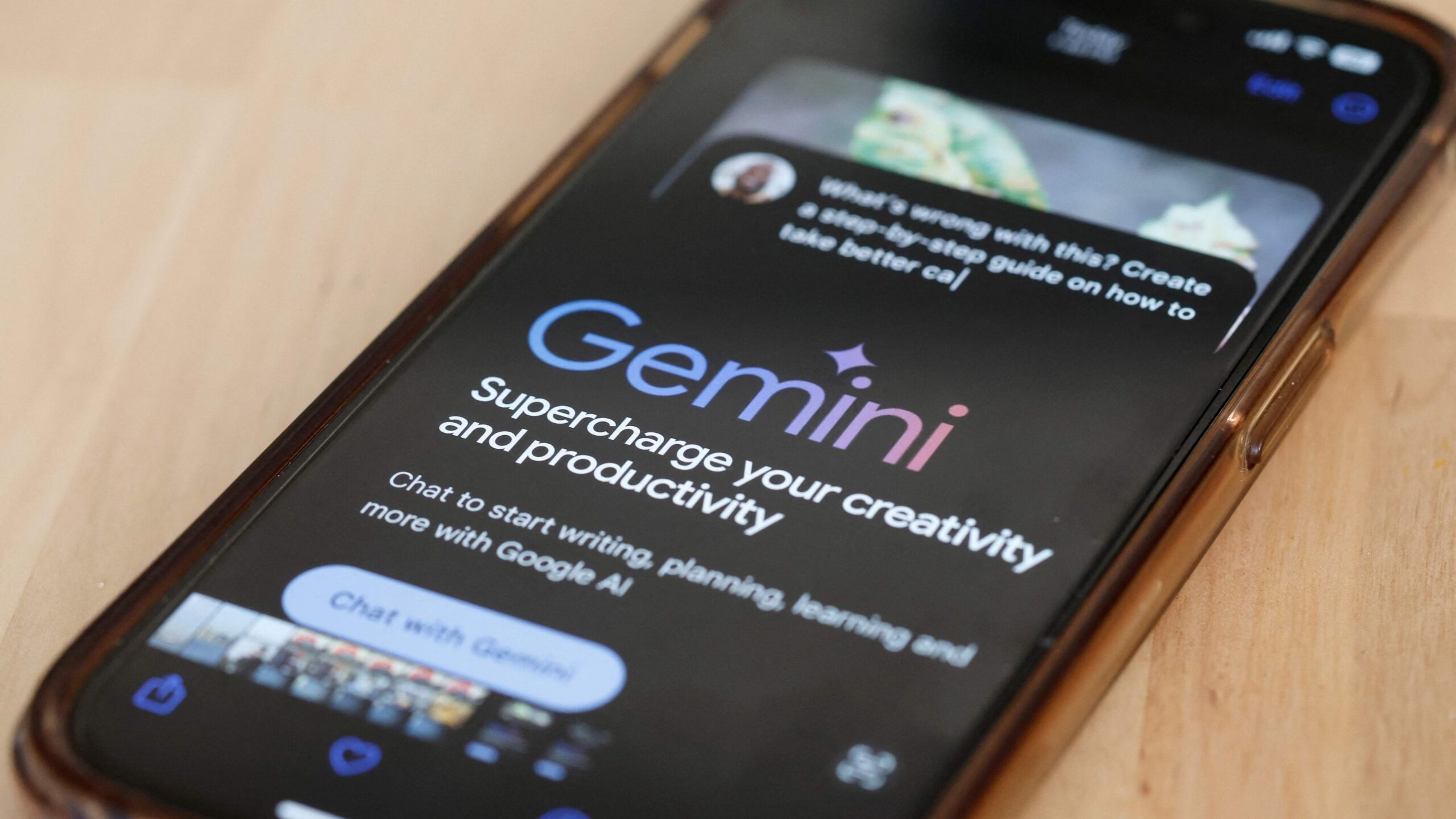Qualcomm has secured a pivotal victory in its legal battle against Arm Holdings, a dispute revolving around chip technology licensing. A jury in Delaware’s federal court determined that Qualcomm did not breach its licensing agreement with Arm when integrating technology from its 2021 acquisition of Nuvia into its chips. This outcome solidifies Qualcomm’s ability to continue leveraging Nuvia’s innovations without incurring higher licensing fees, a win crucial to its ambitions in the AI-driven chip market.
The trial stemmed from Qualcomm’s $1.4 billion purchase of Nuvia, a startup specializing in chip designs based on Arm’s architecture. Arm contended that Qualcomm’s use of Nuvia’s technology under its existing license circumvented royalty agreements that Nuvia had independently negotiated at a higher rate. The jury, however, sided with Qualcomm, affirming the company’s stance that its license with Arm covered the integration of Nuvia’s designs.
Despite the favorable verdict, the case left some matters unresolved. The jury could not agree on whether Nuvia itself had violated its license terms prior to the acquisition. Federal Judge Maryellen Noreika noted that this issue might resurface in a retrial, as Arm has expressed its intention to challenge the ruling.
Qualcomm welcomed the decision, emphasizing its contractual rights and celebrating the ruling as a reinforcement of its ability to innovate. The verdict enables Qualcomm to continue selling chips incorporating Nuvia’s technology, a cornerstone of its strategy to enter the AI processor market. The company is targeting applications like chatbots and image generation, competing against industry giants Nvidia, AMD, and MediaTek, all of which are pursuing Arm-based processor developments.
This legal conflict underscores a broader challenge in the semiconductor industry: the complexity of licensing agreements during acquisitions. Arm’s argument hinged on whether licensing terms could transfer unchanged when a company like Qualcomm absorbs a startup like Nuvia. As mergers and acquisitions shape the tech landscape, the unresolved question of license transferability could have significant implications for future deals.
For now, Qualcomm’s victory reinforces its competitive standing while leaving the industry in anticipation of further legal clarification. Arm’s intention to seek a retrial signals that the debate over chip licensing agreements is far from over.
Author’s Opinion
Qualcomm’s victory highlights a growing tension in the semiconductor industry over the complexity of licensing agreements during acquisitions. While the verdict reinforces Qualcomm’s position, the unresolved questions about Nuvia’s licensing terms point to the need for clearer frameworks. As chipmakers increasingly rely on acquisitions to drive innovation, this case serves as a reminder of the legal challenges that can arise when navigating the fine print of technology licenses.







